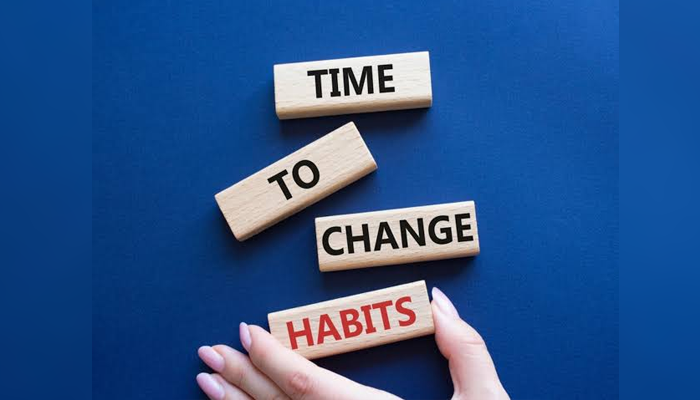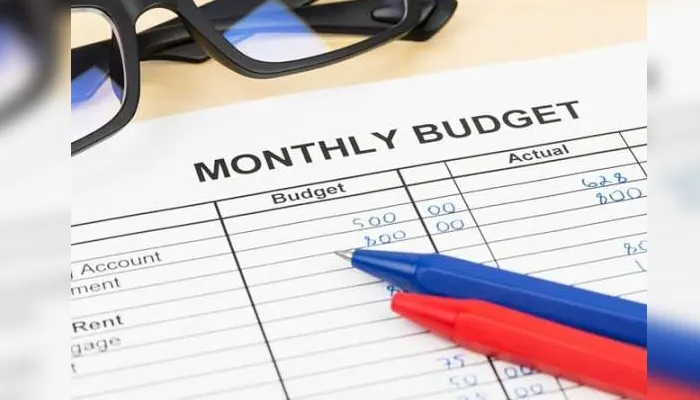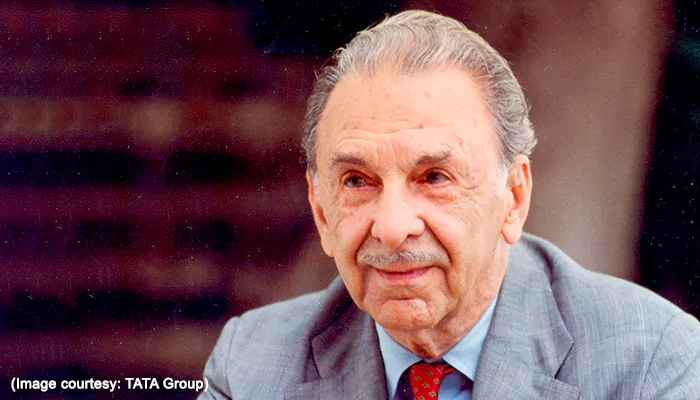
Discover the top business headlines that are trending across the world today!
India’s Poverty Drops Below 5%: SBI Report Highlights Declining Inequality and Rising Rural Consumption

India's poverty rate dropped significantly from 22% in 2011-12 to under 5% in 2023-24, with extreme poverty nearly eliminated, according to SBI researchers. The Household Consumption Expenditure Survey (HCES) 2023-24 revealed rural poverty fell from 25.7% in 2011-12 to 4.86% in 2023-24, while urban poverty declined to 4.09%. Overall, poverty in India now ranges between 4-4.5%.
SBI Research highlighted updated poverty lines: Rs 1,632 (rural) and Rs 1,944 (urban) in monthly per capita consumption expenditure (MPCE). The Gini coefficient, measuring inequality, dropped to 0.24 in rural and 0.28 in urban areas, signaling reduced disparities. The urban-rural MPCE gap narrowed to 70% in 2023-24 from 84% in 2011-12.
Additionally, inflation using revised weights showed a decrease, with CPI inflation averaging 4.6% from April-November. These trends underline rural consumption growth, despite recent concerns over declining real rural wages.
New Rules Mandate Data Deletion Timelines for Digital Platforms

The draft rules for the Digital Personal Data Protection Act introduce classifications for data fiduciaries and mandate that platforms like e-commerce, online gaming, and social media delete user data three years after its purpose is fulfilled. Section 8 requires data fiduciaries to erase personal data once it is no longer necessary. The Third Schedule specifies timelines for data retention, requiring platforms to notify users 48 hours before deletion, offering them a chance to retain their data by logging in or contacting the platform.
The draft, open for public consultation from January 3 to February 18, defines e-commerce entities as platforms with at least 20 million users, online gaming intermediaries with 5 million users, and social media intermediaries with 20 million users in India. It also details their roles under the Consumer Protection Act, 2019, and Information Technology Act, 2000, outlining responsibilities for data retention and user engagement.
PM Modi Inaugurates Grameen Bharat Mahotsav 2025, Unveils Vision for Rural Transformation by 2047

Prime Minister Narendra Modi inaugurated the Grameen Bharat Mahotsav 2025 on January 4 at Bharat Mandapam, New Delhi. Running until January 9, the event is themed "Building a Resilient Rural India for a Viksit Bharat 2047." PM Modi emphasized the vital role of prosperous villages in achieving a developed India.
During the event, he interacted with artisans and received recognition from NABARD Chairperson Shaji KV. Union Finance Minister Nirmala Sitharaman was also present. The Mahotsav features workshops, discussions, and exhibitions, focusing on rural infrastructure, women empowerment, financial inclusion, sustainable agriculture, and technological advancements, with special attention to North-East India.
PM Modi shared insights from his rural upbringing, reiterating his government’s commitment to uplifting rural communities. He announced a special DAP subsidy to protect farmers from global price hikes and lauded the event as a blueprint for rural transformation. On January 3, he also handed over flats to JJ cluster residents in Delhi’s Ashok Vihar.
Climate Policies to Drive Food Price Surge in Lower-Income Countries by 2050, Study Finds

A study by the Potsdam Institute for Climate Impact Research (PIK) reveals that even with ambitious climate policies, lower-income countries could experience a 2.45-fold rise in consumer food prices and a 3.3-fold increase in producer prices by 2050. While wealthier nations see relatively smaller impacts, these policies could make healthy and sufficient food less accessible in poorer regions.
Researchers analyzed food value chains across 136 countries and 11 food groups, examining costs from farms to retail and restaurants. They found that modern supply chains in high-income nations buffer consumers from steep price increases, unlike in Sub-Saharan Africa, where farming costs dominate.
To address disparities, experts suggest using revenues from carbon pricing to support low-income households and investing in sustainable farming practices. Although challenging in the short term, these policies are vital for long-term food security and agricultural resilience.












